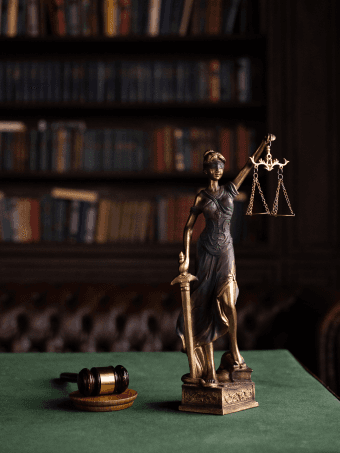Tesla vs Tesla Beer
On August 10th, Tesla China announced the judgment result of its trademark infringement case against "Tesla Beer." The defendant, Zhongyin Food Co., Ltd., had been marketing alcoholic beverages under the names "Tesla Soda" and "Tesla Beer" since 2019. These products bore a T-shaped logo reminiscent of Tesla's well-known logo, and their promotional materials featured phrases like "pioneer brand of pre-mixed drinks in America" and "internationally top-notch brand." Even more concerning, some promotional images showcased Tesla's iconic car model.
Likelihood of Confusion: Protecting Consumer Interests
The doctrine of likelihood of confusion is a fundamental concept in trademark law. It aims to safeguard consumers from being misled or confused about the source of goods or services. In the context of the Tesla Beer case, the court assessed whether consumers could easily mistake the alcoholic beverages from "Tesla Beer" for products endorsed or produced by Tesla, the electric vehicle giant. This confusion could arise due to the similar T-shaped logo, the reference to Tesla's iconic car model, and the use of the well-known "Tesla" name.
It's important to note that the likelihood of confusion doesn't require the two trademarks to be identical – even similar trademarks can be considered infringing if they are likely to cause confusion among consumers. In this case, the court recognized that consumers could associate the "Tesla Beer" products with Tesla's reputable brand, potentially diluting the distinctiveness of Tesla's trademarks. The subjective malice of "Tesla Beer" in exploiting Tesla's fame for its own gain added weight to the argument of likelihood of confusion.
Bad Faith: Protecting Brand Integrity
The concept of bad faith in trademark law pertains to the intent behind using a mark that is similar or identical to an established trademark. If a party adopts a mark with the intention of benefiting from the goodwill and reputation of another brand, it's considered bad faith. In the Tesla Beer case, the promotional tactics of Zhongyin Food Co., Ltd. raised suspicions of such bad faith.
By associating their alcoholic beverages with Tesla's accomplishments and reputation, "Tesla Beer" seemingly aimed to freeride on Tesla's success. This not only erodes the distinctiveness of Tesla's brand but also creates confusion in the minds of consumers. The court recognized this exploitative behavior as a form of bad faith, as "Tesla Beer" was trying to capitalize on Tesla's worldwide recognition and reputation.
Court's Decision and Recognition of Well-Known Trademarks
The court's judgment was rooted in the recognition of Tesla's series of trademarks as well-known trademarks. A well-known trademark holds a position of exceptional reputation and recognition among consumers. In the ruling, the court acknowledged Tesla's prominence in the electric vehicle industry and its rapid rise to fame, particularly in China. This recognition of Tesla's trademarks as well-known heightened the level of protection afforded to them under trademark law.
The court's decision to order "Tesla Beer" to cease infringing on Tesla's trademarks, halt unfair competition practices, compensate Tesla, and issue a public statement to mitigate the damage reflects the gravity of the case. The intentional use of Tesla's brand elements in a way that could deceive consumers was considered a serious offense against trademark rights.
Takeaway
The Tesla Beer case exemplifies the complexities of trademark law and how it seeks to maintain a fair business environment while protecting consumer interests. The concepts of likelihood of confusion and bad faith played a crucial role in the court's decision-making process. By recognizing the reputation of well-known trademarks and upholding the principles of fair competition, the court upheld the integrity of the trademark system.
This case serves as a reminder to businesses worldwide that trademark protection is not merely a legal formality but a vital aspect of maintaining brand value and consumer trust. As the commercial landscape continues to evolve, the principles established in cases like Tesla Beer v. Tesla underscore the enduring importance of intellectual property rights and the need for a robust legal framework to ensure a level playing field for all businesses.


